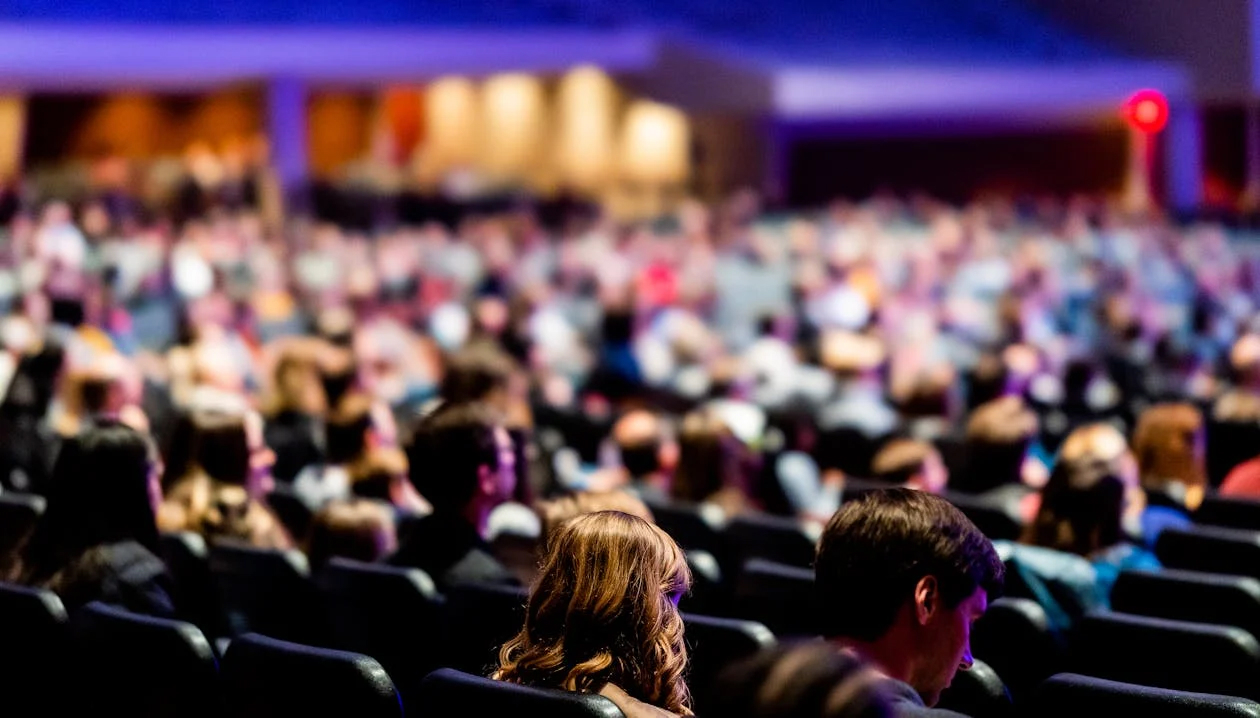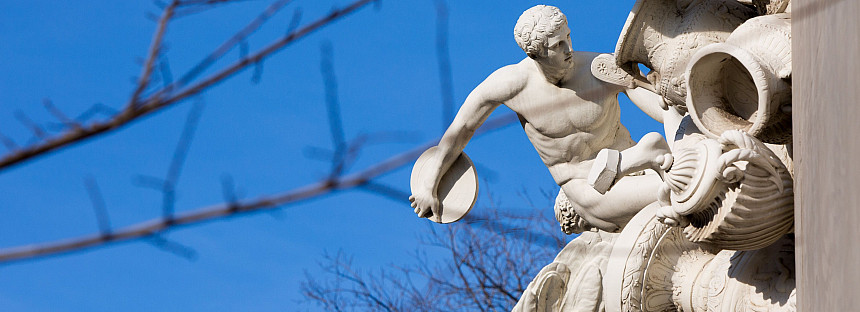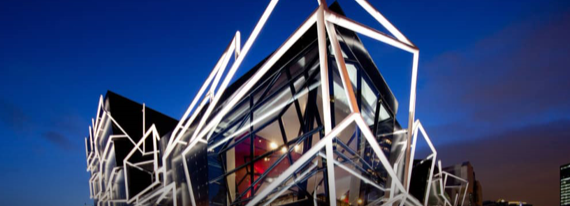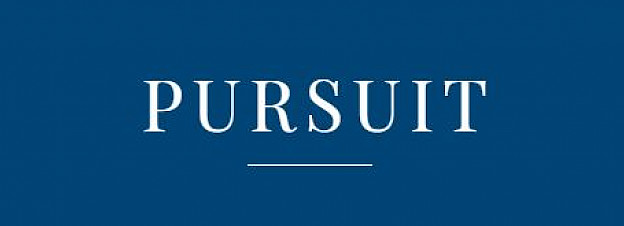
Events
Museums and Collections at the University of Melbourne
Featured events
Mixed Models in R
This course is over three mornings online 10,12,14 February 2025 and is suitable for researchers who need to fit mixed models to their data. Mixed models are also known as multi-level models or hierarchical models, and arise in most disciplines, in both designed experiments and observational studies. Some examples are cluster randomised trials in medicine, incomplete block designs in agriculture, hierarchical structures in education, repeated measures in the social sciences, and nested factors in ecology.
Empowering Consumers for Health Outcomes (ECHO) Summit

Hosted by the Department of Management and Marketing, University of Melbourne
As consumers of medical services/products, patients are playing an increasingly active role in medical decisions, from diagnosis to treatment choices. These decisions are notoriously difficult, not only because of their potential impact but also due to their inherent complexity. This summit brings together a diverse panel of experts from psychology, medicine, public health, and environmental science to explore pathways to empower customers as informed medical decision-makers. These pathways include understanding consumers’ health needs, helping them navigate complex health information, debunking medical myths, designing interventions for healthy behaviours, and building trust with others in the medical ecosystem including doctors, nurses, and caregivers. This event offers a valuable platform for knowledge exchange, networking, and fostering collaborative opportunities. Join us at ECHO to explore strategies for empowering consumers and fostering better health outcomes through informed decision-making and collaboration across the healthcare ecosystem.



